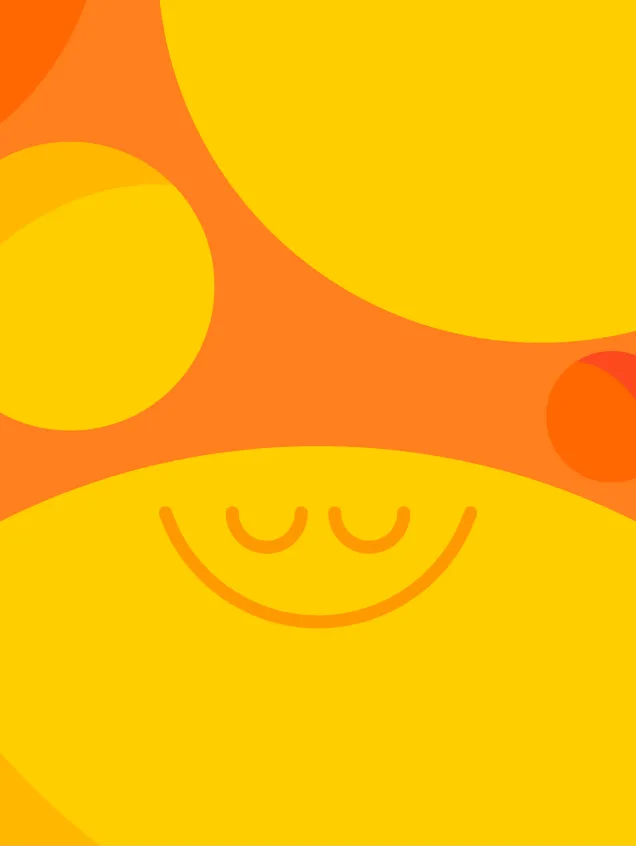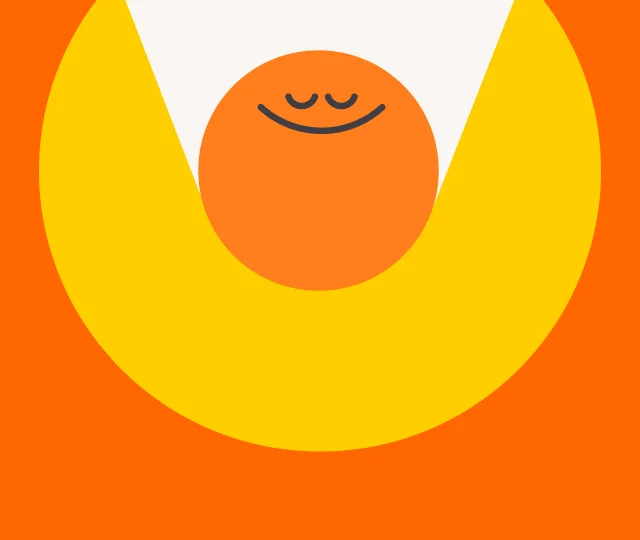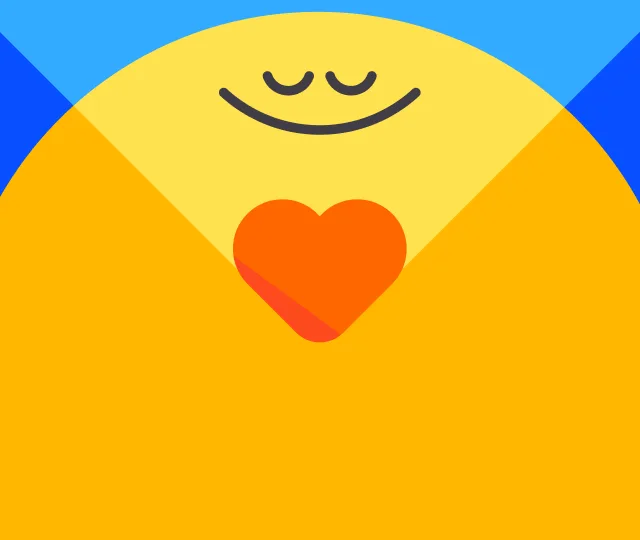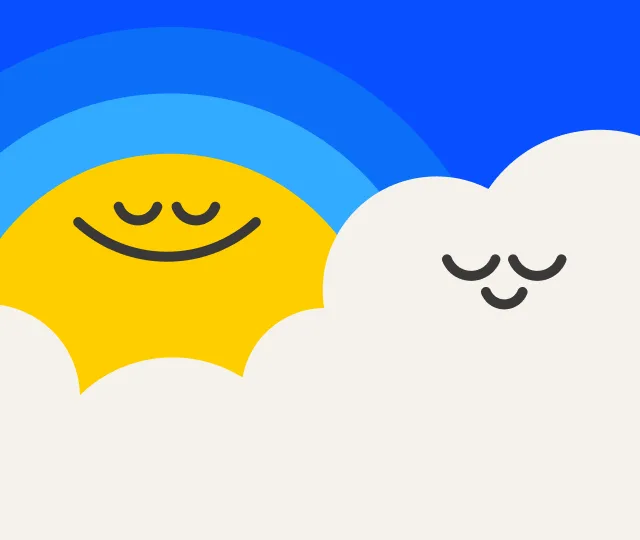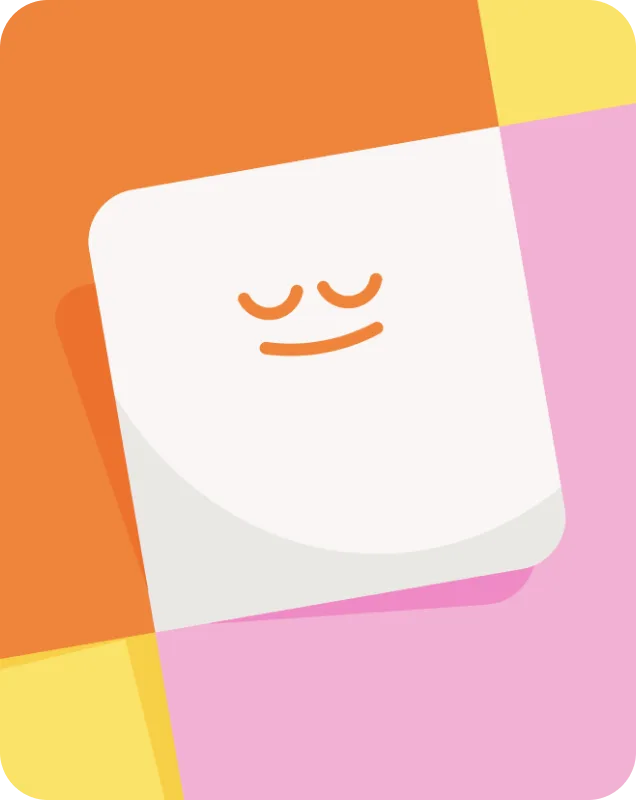The secret benefit of routines. It won’t surprise you.
Ellie R.
Routine. Ugh, right? Nobody ever said: “So excited to be shocked awake by a relentless shrill signal, force down some oat sludge, and stare at a screen every day for the rest of my life.” But not so fast. In recent years, there’s been a quiet swelling of interest in what Sir Arthur Conan Doyle once called “the dull routine of existence.” Researchers have found that routine can have far-reaching psychological benefits, including alleviating bipolar disorder, ADHD, and insomnia. Here’s the lowdown on some other ways a routine might benefit you.
Routine to alleviate anxiety and stress
Dr. Steve Orma, a CBT clinical psychologist who specializes in treating insomnia, anxiety, and stress, tells me that routine is a big part of the work he does in all these areas. “To manage anxiety,” he says, “you need to consistently check in with yourself about what you’re worrying about, then address it. Just as we create routines with exercise for our physical bodies, we should do the same for our mental health. One way to do this is scheduling ‘thinking time’ to think through any problems or worries weighing on you instead of letting them build up.” This is one reason that daily journaling can be helpful for those who struggle with anxiety. Orma adds: “Routine also helps with stress … Create a set schedule for doing chores, work tasks, meetings, exercise, paying bills, and all the usual things you need to do. Put these into your schedule. Once this becomes your normal routine, it’s easier to accomplish everything, because it becomes habit.” As a paperwork-phobe, I identify strongly with this: since I started setting aside 20 minutes a day to keep on top of life admin, instead of letting it grow into a mountain I die on every few months, I sleep better and enjoy each day more.
Career coach and writer Marty Nemko points out another soothing effect: a routine is “something you know you can do well,” he tells me, which can be comforting during tough times: “Modern life, increasingly defined by unpredictability, can be anxiety-provoking, and routines provide an anchor of predictability.”

Routine for creativity and productivity
Look at the lives of famously gifted and creative people—including Freud, Beethoven, and Georgia O’Keeffe, to name but a few—and you’ll see that many of them optimized their daily lives to get on top of their games. Routine was their secret weapon. Here’s internationally bestselling author Haruki Murakami talking to The Paris Review: "When I’m in writing mode for a novel, I get up at 4 a.m. and work for five to six hours. In the afternoon, I run for 10 kilometers or swim for 1,500 meters (or do both), then I read a bit and listen to some music. I go to bed at 9 p.m. I keep to this routine every day without variation. The repetition itself becomes the important thing; it’s a form of mesmerism. I mesmerize myself to reach a deeper state of mind." This is an intense example—maybe even a bit frightening, depending on how you feel about swimming. But you don’t have to wake up at 4 a.m. to reap these rewards. The key benefit of routine for creative people is its regularity: if you find what works for you and then turn it into a process that requires zero thought, you free your mind for more important things.
Making time for what matters to you
Here’s another crucial bonus: routines allow you to carve out time to pursue your passion every single day. Once it’s a routine, there’s no more wriggling out of painting or writing or working on your business plan because you’re too tired or the muse eludes you. Daily practice is a game-changer for creativity. Among other things, it keeps projects constantly percolating in the unconscious mind—and research shows just how powerful the unconscious mind is, helping us to reach better decisions than active thought.
As Marty Nemko told me: “Having a routine helps ensure you do things well. For example, if your routine includes a daily shower, you'll continually get better at it.” Sure, it’s harder to perfect your prose style than the way you wash your hair, but the same logic applies: daily practice is where the magic happens. And if one of the things you happen to incorporate into your daily routine is a meditation practice, you’ll amplify all of the benefits mentioned here, since meditation boosts creativity and productivity while alleviating stress and anxiety.
"Having a routine helps ensure you do things well."

How to create a great routine
Dr. Orma has some advice: “Sit down with a pad of paper and write out everything you do each day over the course of a week. See what you can cut or reduce. Then see what you can set as a normal routine, something you do at a set time each day or week. It has to work with your lifestyle. If you like to stay up late, getting up early as part of your routine may not work.” Once you have your routine, give it a little time and it’ll start to feel like second nature—but if you realize something isn’t working, don’t be afraid to change it. Sports psychologist Dr. Jim Taylor, an expert on the power of routine for athletes in training, tells me: “It can be worthwhile to alter routines periodically to keep things fresh and stimulating.” This is another secret bonus of routines: once you’ve established one, the merest of tweaks can totally revitalize your day.
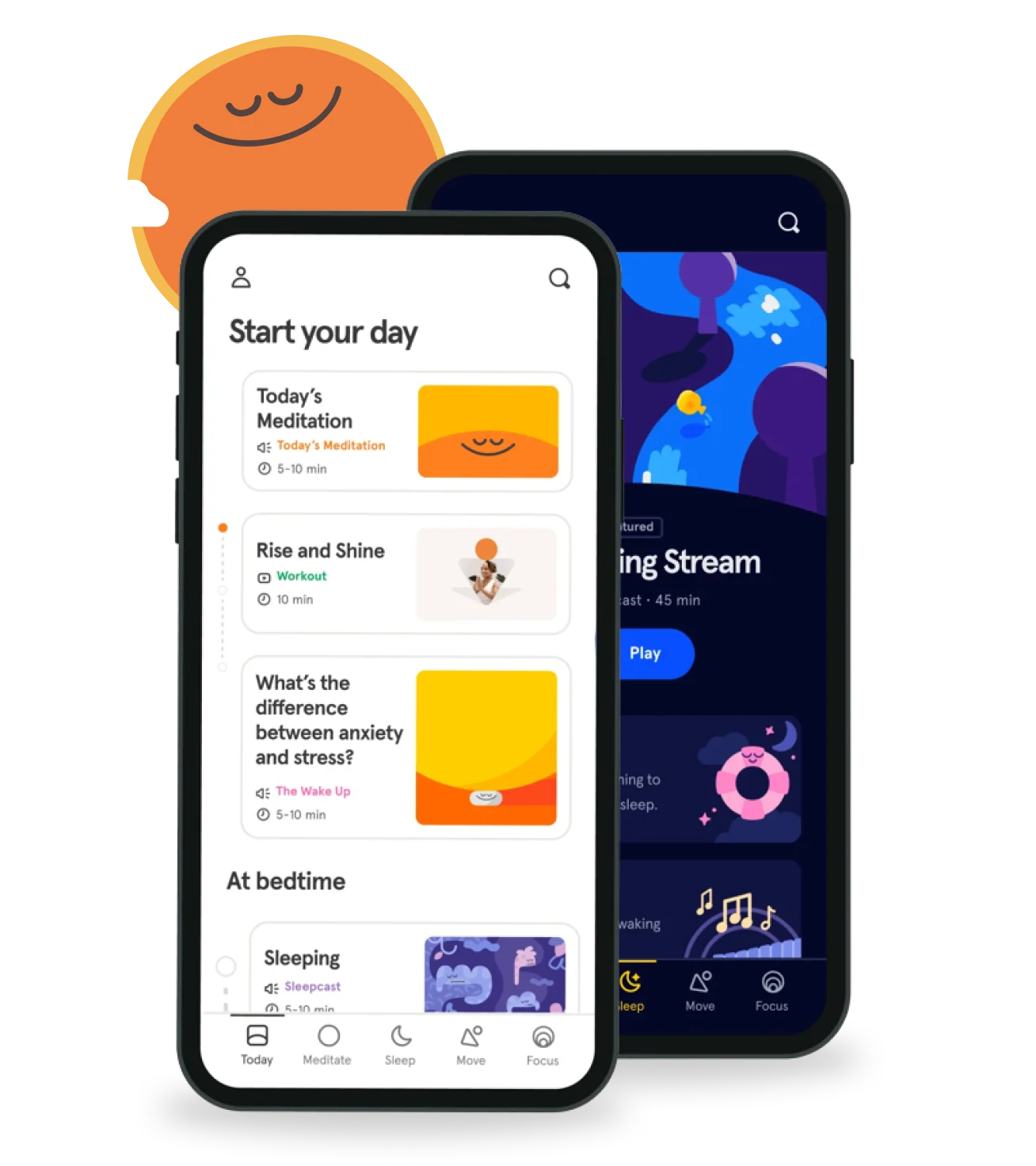

Be kind to your mind
- Access the full library of 500+ meditations on everything from stress, to resilience, to compassion
- Put your mind to bed with sleep sounds, music, and wind-down exercises
- Make mindfulness a part of your daily routine with tension-releasing workouts, relaxing yoga, Focus music playlists, and more
Annual - billed at $69.99 USD/yr
14 days free
$5.83 USD/month
Monthly
7 days free
$12.99 USD/month

Meditation and mindfulness for any mind, any mood, any goal
- © 2024 Headspace Inc.
- Terms & conditions
- Privacy policy
- Consumer Health Data
- Your privacy choices
- CA Privacy Notice

